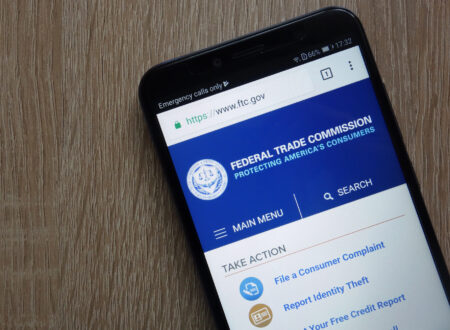In 2023, employers will see a shift in enforcement by the U.S. Equal Employment Opportunity Commission (EEOC). For 2022, the EEOC’s six (6) strategic enforcement priorities were:
- Eliminating barriers in recruitment and hiring.
- Preventing systemic harassment.
- Protecting vulnerable workers.
- Ensuring equal pay protection for all workers.
- Preserving access to the legal system.
- Addressing selected emerging and developing issues.
However, on January 10, 2023, the EEOC published a proposed strategic enforcement plan for fiscal years 2023-2027. If the strategic proposal is approved by the EEOC, the plan would significantly modify the EEOC’s six (6) enforcement priorities by expanding the category of vulnerable workers with intellectual and developmental disabilities, including:
- Individuals with arrest or conviction records;
- LGBTQI+ individuals;
- Temporary workers;
- Older workers;
- Individuals employed in low-wage jobs; and
- Workers with limited literacy or English proficiency.
The EEOC would also focus on discrimination associated with the newly enacted Pregnant Workers Fairness Act and technology-related employment discrimination [AI]. In addition, the EEOC would also likely review overly broad nondisclosure agreements and nondisparagement agreements.
In review of the EEOC’s strategic enforcement plan, employers should now implement training, policies and operational policies in order to avoid the EEOC regulatory enforcement.
Author(s)

Stuart J. Oberman, Esq.
Stuart J. Oberman is the founder and President of Oberman Law Firm. Mr. Oberman graduated from Urbana University and received his law degree from John Marshall Law School. Mr. Oberman has been practicing law for over 30 years, and before going into private practice, Mr. Oberman was in-house counsel for a Fortune 500 Company.
Read More =>





